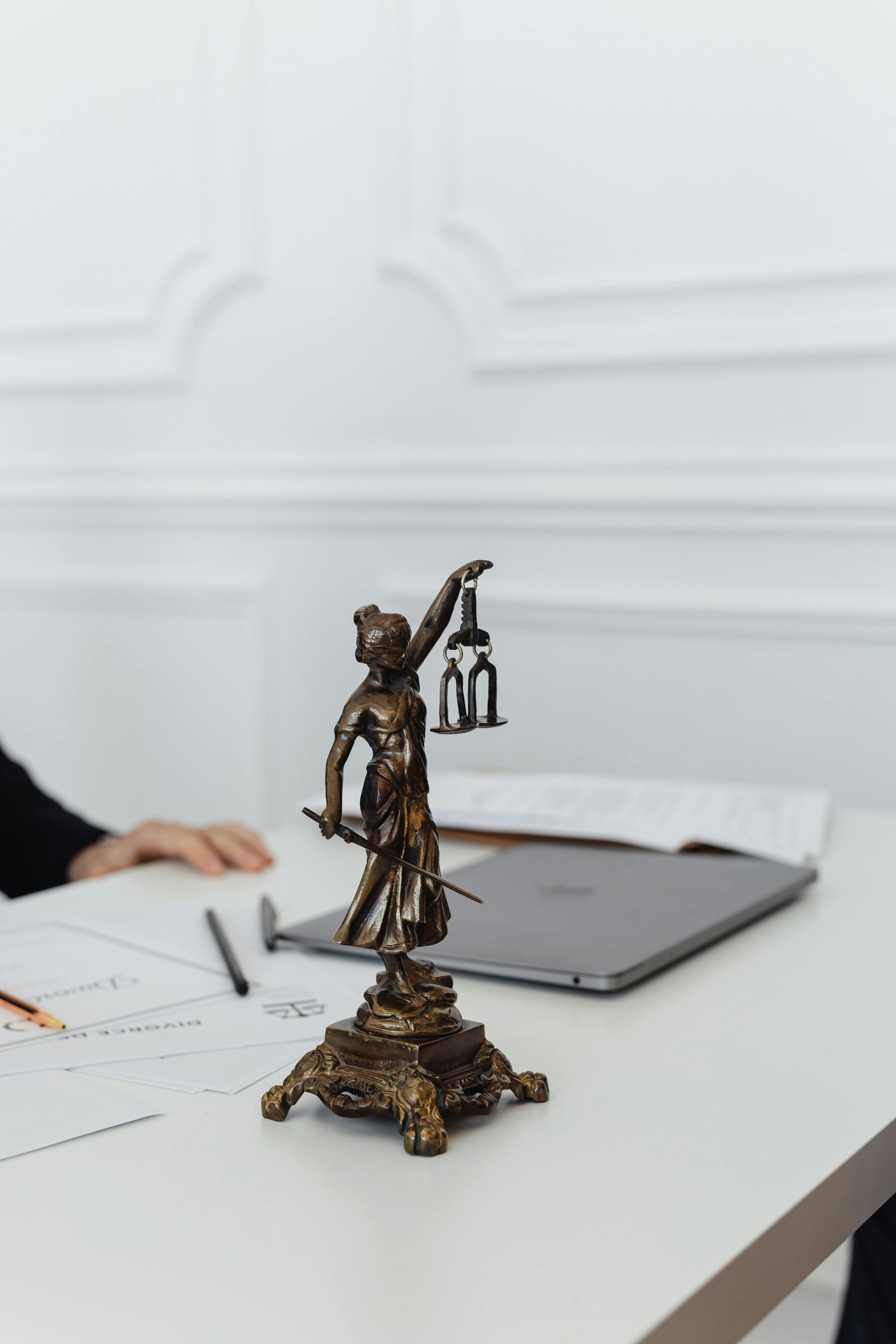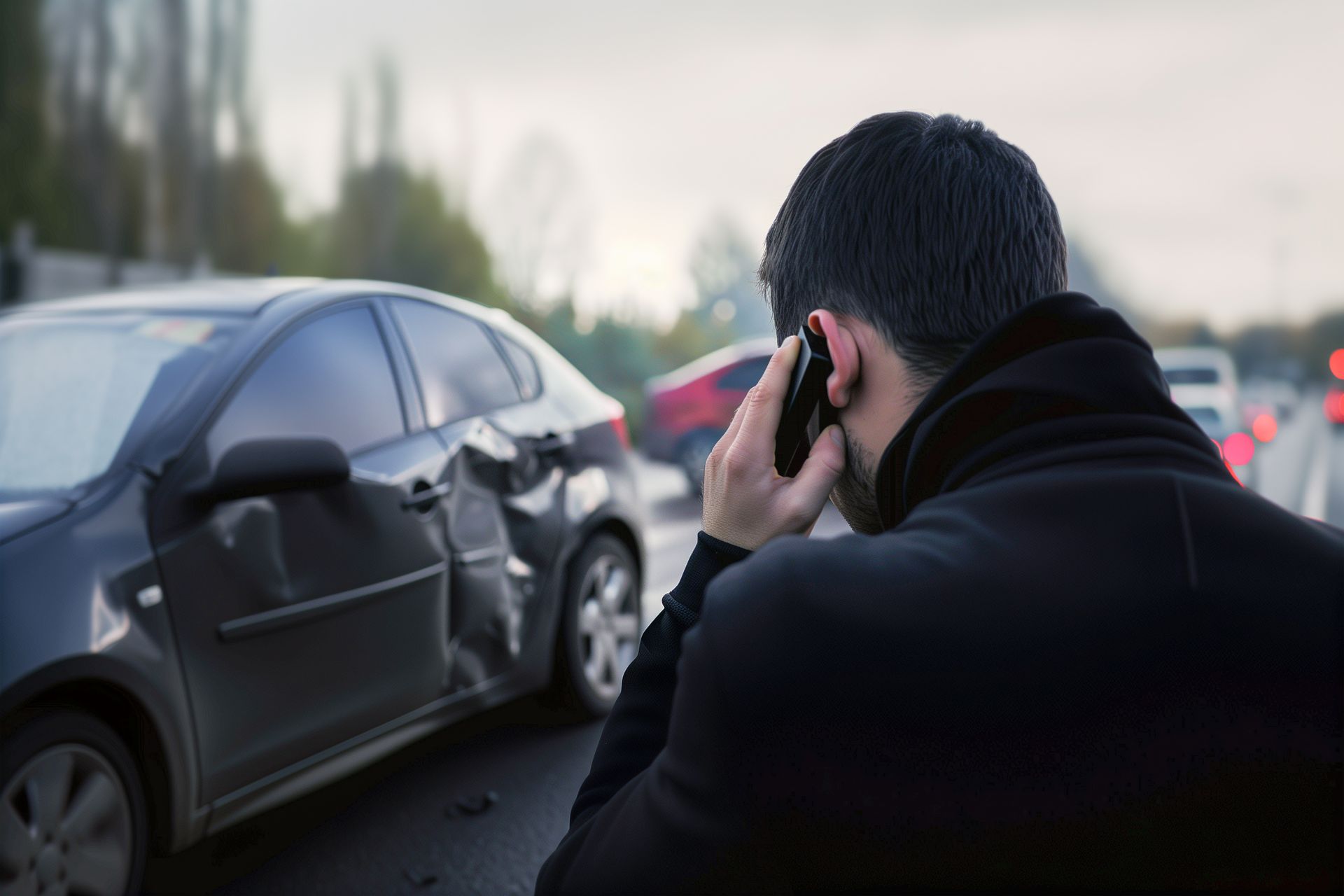How an Attorney Determines Liability in an Auto Accident in West Virginia
How an Attorney Determines Liability in an Auto Accident in West Virginia
Auto accidents can cause significant physical, emotional, and financial hardships for those involved. Determining who is at fault—and therefore liable for damages—is a critical step in seeking justice and fair compensation. In West Virginia, an attorney plays a vital role in investigating the accident and establishing liability. Here’s how an experienced lawyer approaches this process.
Understanding Fault Laws in West Virginia
West Virginia follows a modified comparative fault rule. This means that an injured party can recover compensation as long as they are not found to be more than 50% at fault for the accident. However, any compensation awarded will be reduced by the percentage of fault attributed to the injured party.
For instance, if you are found to be 20% at fault for an accident and are awarded $50,000 in damages, your compensation would be reduced by 20%, leaving you with $40,000.
Steps to Determining Liability
Collecting Evidence from the Accident Scene An attorney begins by gathering as much evidence as possible from the accident scene. This may include:
- Police reports detailing the officers’ observations and initial fault determination.
- Photographs of the accident scene, vehicle damage, and any injuries sustained.
- Witness statements from individuals who saw the accident occur.
Reviewing Traffic Laws and Regulations Understanding local traffic laws is crucial in assessing whether any party violated rules that led to the accident. Common violations include running red lights, speeding, or failing to yield the right of way.
Analyzing Vehicle Damage The location and extent of vehicle damage can provide valuable insight into how the accident occurred. For example, rear-end collisions typically indicate fault on the part of the driver who failed to stop in time.
Obtaining Expert Opinions Attorneys often work with accident reconstruction experts who can analyze skid marks, vehicle positions, and other physical evidence to recreate the sequence of events. This can help pinpoint how the accident happened and who was likely at fault.
Examining Surveillance or Dashcam Footage Video footage from nearby surveillance cameras, traffic cameras, or dashcams can provide crucial visual evidence of the accident.
Investigating Driver Behavior Determining liability may involve investigating the actions of the drivers involved, such as:
- Whether one of the drivers was under the influence of drugs or alcohol.
- Evidence of distracted driving, such as texting or using a mobile device.
- Fatigue or reckless driving behaviors.
Exploring Vehicle Maintenance Records Poor vehicle maintenance, such as faulty brakes or worn-out tires, can contribute to an accident. If such issues played a role, liability might extend to the vehicle owner or their maintenance provider.
Determining Third-Party Liability In some cases, liability extends beyond the drivers involved. For example:
- A vehicle manufacturer could be held liable for a defect that caused the accident.
- A government entity may be responsible for unsafe road conditions, such as potholes or missing signage.
Why Legal Representation Matters
Determining liability in an auto accident is a complex process that requires a thorough understanding of the law, meticulous investigation, and access to expert resources. An experienced attorney can ensure that all relevant evidence is uncovered and that fault is assigned accurately, maximizing the chances of securing fair compensation.
If you’ve been involved in an auto accident in West Virginia, don’t navigate the process alone. Contact us today to schedule a consultation and learn how we can help protect your rights and fight for the compensation you deserve.











